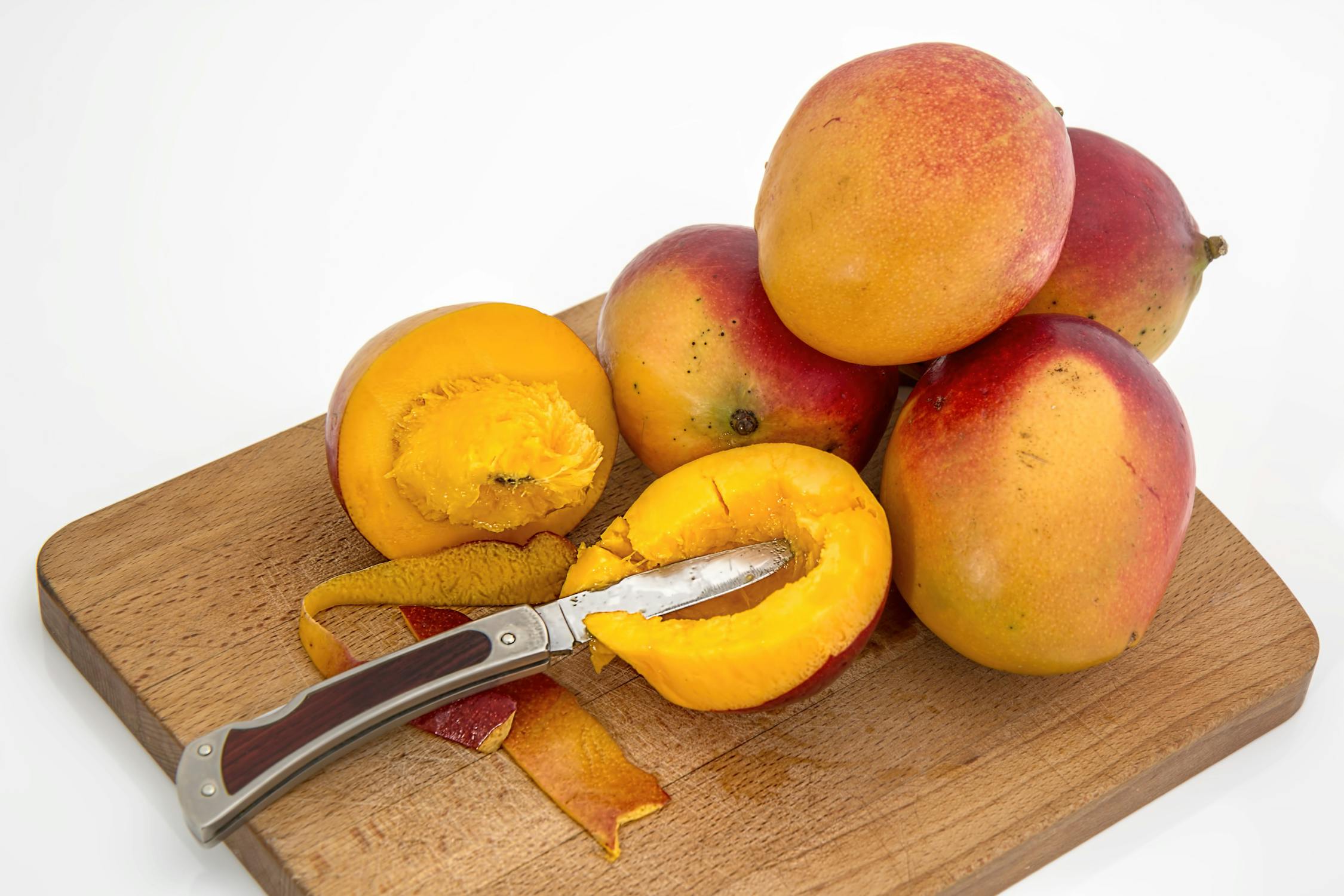It is the ‘mango’ season all over again! It is vacation time too! There is not much one can complain about except perhaps the hot sun! But then we cannot get the mangoes during any other time of the year!
The linguistic background of this tropical fruit lies in its Tamil equivalent ‘Manga’. The ‘mango’ has years of history behind it. It is believed that a beautiful court dancer of Pataliputra was gifted a ‘mango grove’ as an appreciation of her talents. Later generations remember her better as ‘Aamrapali’.
There are records of the Mughal rulers who were obsessed with the fruit. Artists and architects did not fall behind. The mango motif is found drawn as rangoli, woven into fabrics and designed on palms with Mehandi, sculpted on the pillars of temples and etched on palm leaves to celebrate its greatness.
Chefs and connoisseurs of food have experimented with the fruit an have turned in umpteen number of mouth-watering dishes.
There are huge ‘mango melas’ in major cities, which house a mind-boggling range of fruits in all shapes and sizes.
Though all of us love to savor the fruit not many know the profound wisdom and the practical good-sense that the fruit was used to convey.

Long, long ago the gods decided to assign some fruits a divine status and they worked out a list and finally identified three fruits – the ‘banana’, the ‘jackfruit’ and the ‘mango’ for their innate nurturing qualities.
It so happened that Narada the singing saint of the heavens came across the most luscious, golden mango and at that time he was passing through ‘Kailash’ the abode of Shiva and Parvathi. When he saw the godly couple he offered the fruit to as a sign of his respect. The two young sons of Shiva who saw the fruit coveted it and would not hear of sharing the fruit. Shiva was amused by their childish obstinacy and told them that whoever went round the universe three times and returned home first would be given the Fruit or the ‘phala’ [Phala could is a pun in Sanskrit which could mean fruit or result of a deed-ie the prize].
Almost immediately, Subramanya the younger son mounted on his celestial vehicle- the peacock and zoomed away to accomplish the task, by the time he returned and he was flabbergasted to see his elder brother sitting smugly amidst his parents and savouring the fruit.
He demanded an explanation and was told that Ganesha had considered his parents to be the universe and had circumambulated them thrice with folded hands and hence was handed the ‘Phala’.
Though this episode appears to be a squabble of little or no essence between siblings, there is a strong message in the tale. While Subramanya set out to achieve the task in the literal sense of the word, Ganesha had resorted to the method of SWOT analysis [Strength, Weakness, Opportunity, Threat] to achieve success. Ganesha realized that his ‘Weakness’ lay in his imposing girth. Moreover his celestial vehicle –the mouse could not help in anyway. His brother Subramanya was bound to win the ‘mango’ hands down –and that was a ‘Threat’.
So, he decided to make use of his ‘Strength’–his intelligence. He interpreted the task presented to him in a symbolic manner.He saw his parents sitting together. They meant the world to him. He could see the solution clearly. He made use of the ‘Opportunity’ he tarried for a moment and with folded hands circumambulated his parents who were sitting together and laid a claim to the fruit.
Ganesha had succeeded because he could perform the SWOT analysis in a fraction of a second and overcome his weaknesses. If he had accepted the task at face value there was simply no way in which he could have won.
This little skirmish of the Gods over the ‘mango’ has given the world a practical solution to mankind.SWOT analysis – if approached right way can help us solve the worst of problems.
That is not all, this story has another dimension to it. It is a well -known fact that parents love their children and to most parents the world revolves round their children. It is but right that the emotion is duly reciprocated with reverence by taking a cue from Ganesha who considered his parents to be the Universe.
Next time you consume a mango think of the message that it has for you!